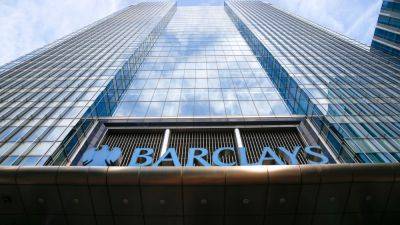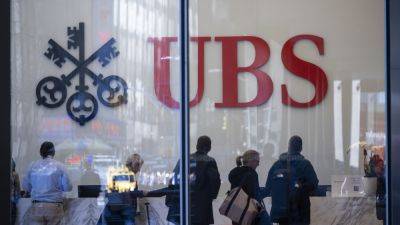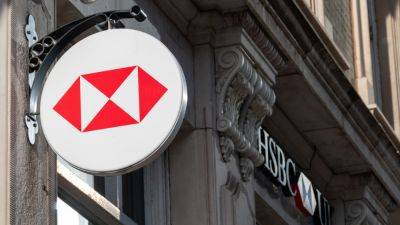Switzerland is now flirting with deflation, causing a dilemma for its central bank
Switzerland could be atrisk of slipping into deflationary territory next year, as a stronger Swiss franc beleaguers policymakers' efforts to get a handle on price growth.
The Swiss National Bank cut interest rates for the third time this year in September, citing the strength of the safe-haven currency as a key driver of the country's falling inflation rate, alongside lower oil and electricity prices.
The central bank also revised down its forecasts, putting the average annual inflation rate for 2024 at 1.2% from 1.3%, while projecting price increases will grow by 0.6% in 2025, compared with a previous outlook of 1.1%.
Outgoing SNB chairman Thomas Jordan said at the time that the strong franc had had a "material impact" on the revisions, but downplayed the risk of deflation, noting thatthe forecasts remained "within the range of price stability." He added that policymakers remain poised to adjust monetary policy further to get a handle on inflation.
But analysts say it now looks increasingly likely that the bank will have to lean on foreign currency intervention to prevent the country from slipping into a deflationary environment.
"There is some scope for further interest rate cuts but, given the scope for franc appreciation to push Switzerland into deflation territory, it would make sense for the SNB to directly target the currency's valuation through FX interventions," Adrian Prettejohn, Europe economist at Capital Economics, told CNBC by email on Monday.
Foreign exchange (FX) interventions take place when a bank buys or sells its currency in the FX market to raise or lower its value against another currency. Such measures can reduce price distortions, which can impact inflation, particularly in trade-heavy economies.
"We







